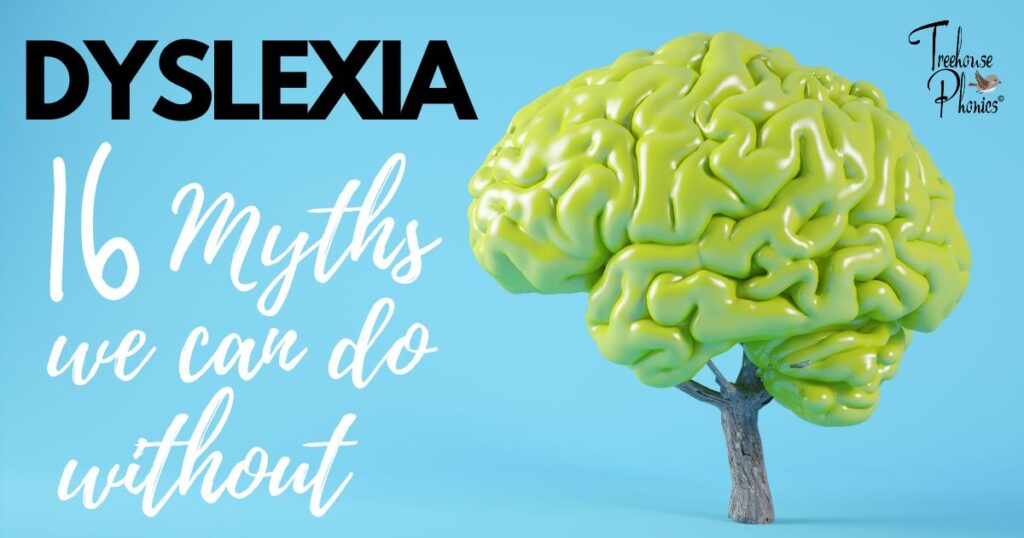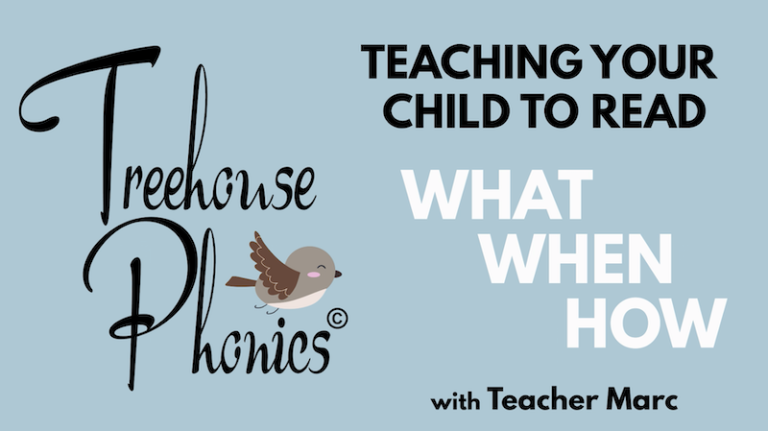Whether you suspect or know for a certainty that your child has Dyslexia, false information will only lead to anxiety and sleepless nights. It’s time to expose these myths and end the worry now!
Dyslexia is a visual thing
The relationship between vision and dyslexia is non-existent. Simply put, it’s a brain thing. A neurodevelopmental condition that affects language processing and reading skills. For instance, even a blind person can learn to read. Through brail text, the bumps they feel at their fingertips can represent sounds and words. The mapping is more tactile. Visual impairment might slow a person down but this challenge is generally physical in nature.
Dyslexia is a lack of intelligence
IQ levels have nothing to do with it. In fact, many Dyslexics have an average or even above-average intelligence. Their struggle is with reading, writing, and spelling. When you struggle in this regard, your academic performance takes a nosedive. There are far too many educators that link IQ with the ability to follow simple instructions on a worksheet or retain valuable information found in a textbook. I have several dyslexic friends, many of whom have found ways around their condition and thrive as knowledge-hungry, high-functioning academics.
They’ll outgrow it
The last thing you want to hear is anything resembling a life sentence. You walk into a doctor’s office one day and walk out with a list of foods you can never eat again or you are introduced to medication that will now accompany each breakfast, lunch, and dinner till the day you perish. It’s not pleasant, and as much as we would hope that a condition like dyslexia is temporary, it saddens me to tell you otherwise. Denial will only make things worse. It’s NOT something you grow out of it. However, with proper support and timely interventions, individuals with dyslexia can learn to manage and overcome their challenges.
Dyslexia is a byproduct of laziness
As mentioned before, dyslexia is a neurological condition. Understandably, one may jump to conclusions when a dyslexic student finds no joy in their struggle to read and is even less enthusiastic about learning to write. To the untrained eye, we might perceive a lazy attitude. How many of us leap into an activity with vigor and zeal when we are not good at it?
These ones need additional support and tailored instruction that compliments their style of sensory input and information processing. We need to teach them that the efforts are worth it and that wonderful opportunities are there for the taking when we can successfully lift knowledge and wisdom from the printed page.
Dyslexia only affects reading
I would love to say this was true and limit the challenges for our dyslexic friends and family members but, unfortunately, the struggle does spill over into writing, spelling, and even speaking. Dyslexia can affect various aspects of language processing.
Letters and words appear backwards.
This is probably one of the biggest myths and misconceptions out there. If only it were as easy as printing text in reverse but it goes beyond these simple remedies. The trouble lies with phonological processing; the link better letters (graphemes) and the sounds (phonemes) they make. The connection isn’t made and with this happens, a letter or word can appear as foreign as an ancient hieroglyphic. It takes time but with multisensory techniques designed to assist the dyslexic learner such as the Orton / Gillingham approach, the connection can eventually sink in.
Dyslexia is a rare condition
It’s more common than you might think. When studies tell us that it is affecting approximately 15-20% of the population to some degree, we can conclude that it is a lot more common than some would have you believe. 1 in 5 people?! Surely that commands attention.
Dyslexics are not good at math
I almost failed the 8th grade. Two subjects that sent my grade levels south of the equator were math and science. Why? I had just transferred from an all-French school to an all-English school. I could not understand the questions on the written page. It would appear that I was unable to grasp mathematical concepts or retain simple scientific jargon. When a dyslexic person can’t read a math problem, they don’t understand what is asked. Therefore, they can’t answer the question. Does this make them bad at math? The question, of course, is rhetorical. Remember, this is a language processing disorder, not a numbers thing.
Dyslexia is a childhood disorder
Here’s a list of 10 famous dyslexics:
Albert Einstein
Tom Cruise
Richard Branson
Whoopi Goldberg
Steven Spielberg
Cher
Pablo Picasso
Muhammad Ali
Jamie Oliver
Walt Disney
You might have seen this list before but it’s still surprising when you think of the things these people have accomplished despite taking an extra long time to learn how to read and write. Truly impressive to say the least and wildly successful in their field. As discussed earlier, this disorder, when detected in youth, carries right on into adulthood. Yet, why do we see it so clearly in children, compared to adults? So much so that some have made the honest assumption that dyslexia is purely a childhood disorder. Let’s give this some thought.
The adult has had years to manage and work around these challenges. The adult has hopefully implemented coping strategies that make it very difficult for others to spot the disorder. This is the principal reason why early diagnosis and intervention is so important. The sooner we help them manage and cope, the sooner they can work through the challenges with greater confidence.
There’s a cure.
Unfortunately, there is no cure. This is not some chemical deficiency we can top up or regulate with medication, nor is it a physical impairment that is corrected through rehabilitation or complex surgeries. Again, it is a neurological condition that remains with the person throughout their life. Fortunately, we are blessed with professionals around the world who continue to take a keen interest in helping dyslexic people reach their full potential and find ways to learn that work best for them.
Dyslexics are not creative
Learning to read and write is not something we are hardwired for. We need deliberate instruction and need to be taught how to map letters to sounds. For a lot of us, we generally get the idea early in life and run with it at a steady pace. Most of us were generally reading age-appropriate literature with reasonable fluency by the end of first grade.
If you’re dyslexic and have to rethink ways to assimilate and process phonics and the simple mechanics of blending and segmenting, then I can’t think of a better example where creativity is needed more than ever. Dyslexic individuals can be highly creative and possess unique strengths and talents, such as problem-solving skills, and spatial reasoning.
Dyslexia is caused by bad parenting
This one will really hit a nerve. No parent can directly manipulate brain structure and function to the point of causing dyslexia. Dyslexia is not a byproduct of environment either. While genetics may play a role, genetics is not within our grasp to control. It’s just simply not possible and a horrible assumption that only leaves parents feeling like failures.
Dyslexia is just slow learning
We’re thrilled when our children take their first steps, speak their first words, and learn to ride a bike without training wheels. We complain they grow up to fast and yet we are eager to see them develop. Not every child is school ready by 5 years old. Society puts a lot of pressure on what a child should be capable of doing by a certain age. When dyslexia goes undiagnosed, we may assume a delay in academic abilities and this is where this misconception flips both ways.
Dyslexia is not related to intelligence or learning speed. The slowness we might perceive is the time it is taking them to work with this condition and hopefully finding ways to implement various management techniques. Dyslexic individuals may have difficulties with reading and writing, but they can excel in other areas that might surprise you.
Dyslexics are careless toward spelling and grammar
Dyslexic individuals may struggle with spelling and grammar due to difficulties with phonological processing, but to assume that all caution is thrown to the wind would be a great disservice to many Dyslexics who often put in way more effort to improve their writing skills. There is very little reason to believe that a dyslexic person who is trying to level the playing field, would deliberately turn a blind eye to grammar and spelling.
Dyslexics will never attain reading fluency
With a combination of early diagnosis and effective intervention strategies, there is little reason to believe that a dyslexic person can’t develop unique solutions that will help them reach a decent level of reading fluency. To say they can never do it is discouraging and unfounded. One cannot assume that all dyslexics share the same weaknesses and challenges either.
Academic success is out of reach
Define success. Passing the GED? Getting into the right college? Success should never be governed by what others think. Remember that the financial guru on TikTok, preaching about Bitcoin and real estate side hustles just spent his last dime on his rented Ferrari. Your perception of success will differ. It is your perception that matters most. As your child is taught to cope with their challenges, their wins will define what success means for them.
Some final thoughts
Dyslexia does not define an individual. It’s how the individual plays the cards they’ve been dealt that build true character. With 1 in 5 individuals coping with dyslexia each day of their lives, we don’t have the luxury of being misled by these misconceptions and myths. No one needs the extra anxiety.
The science has come a long way. While no one can tell us how a person comes to having this condition, the interventions and instruction strategies continue to improve by leaps and bounds. There are so many educators and medical professionals that have made it their life’s work to help people with dyslexia. Isn’t comforting to know that are so many passionate people eager to help you and your child?
If you suspect your child might be dyslexic, I’m happy to provide this free checklist that I hope will provide some clarity and help you take the needed steps to tailor your approach to education and get the assistance your child deserves.



